Examining and Identifying Solutions for Plastic and Organic Waste in Industrial Food Production
In Collaboration With
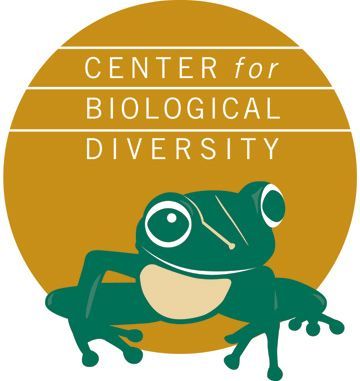
Part 1: Addressing Impacts of Plastic in Industrial Food Production (April 9, 2025)
Representatives from EarthDay.org, 5 Gyres, and the Center for Biological Diversity discuss the impacts of plastic throughout the industrial food system from production to packaging, convening for proposed solutions.
Part 2: Strategies for Addressing Waste in Animal Agriculture (April 17, 2025)
Representatives from the Center for Biological Diversity, Earthjustice, Family Farm Defenders, and ReFED discuss the scale and impact of waste at different stages of meat and dairy production and disposal and solutions for creating a healthier, more sustainable food system.
View Speaker Bios and Download Presentations Below
Part 1: Addressing Impacts of Plastic in Industrial Food Production
Aminah Taariq-Sidibe, EarthDay.org
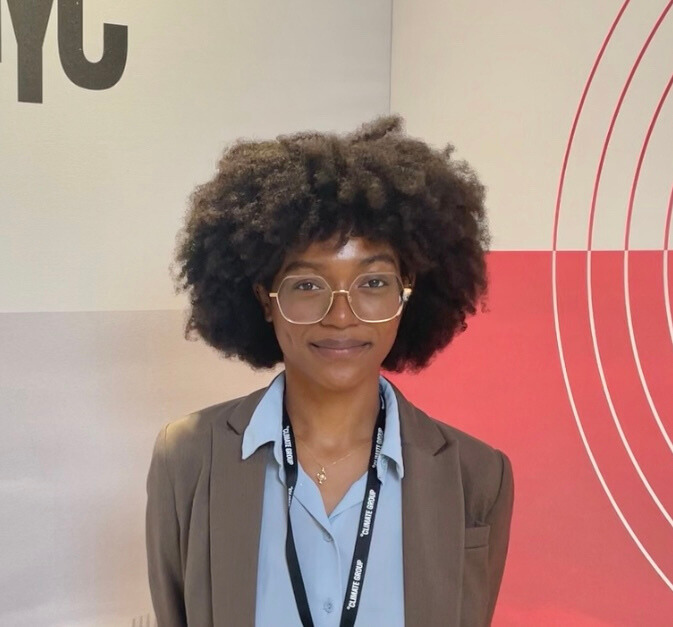 View Presentation
View PresentationAminah Taariq-Sidibe, Manager of End Plastics Initiative, EarthDay.org
Aminah has a proven track record of crafting compelling narratives, fostering stakeholder engagement, and driving sustainable initiatives. Before the fellowship, Aminah conducted both qualitative and quantitative field research and has worked with a number of organizations, including local governments, non-profits, schools, and private businesses, to advance their missions for a more positive impact. She has supported lab research on crop management, contributed to major reports, developed and implemented communications strategies, and coordinated events. When she is not working, Aminah enjoys gardening and watching movies and TV shows.
Lisa Erdle PhD, 5 Gyres
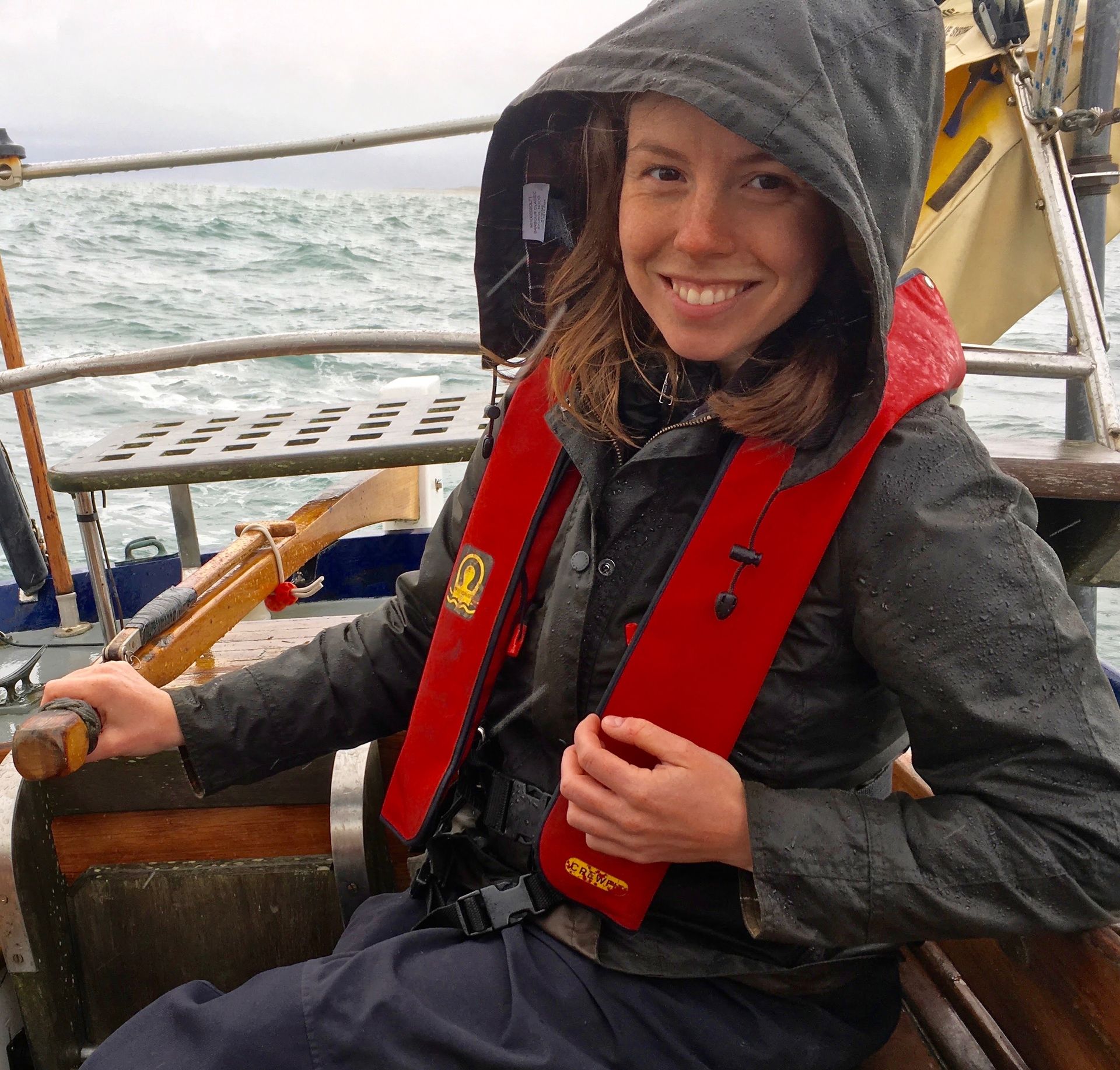 View Presentation
View PresentationLisa Erdle PhD, Director of Science & Innovation, 5 Gyres
Lisa Erdle is a microplastics researcher and Director of Science & Innovation at The 5 Gyres Institute, a Southern California-based NGO aiming to end plastic pollution. With a focus on science-driven solutions, Lisa research bridges science and policy to address plastic pollution in diverse sectors, including textiles and agriculture. Her PhD research at the University of Toronto focused on microfiber pollution, exploring their sources, environmental fate, impacts, and mitigation strategies.
Currently, Lisa’s work focuses on innovation and vetting solutions. In the agricultural sector, Lisa’s work investigates the fate of biodegradable plastics in realistic environmental conditions, informing policy in the US and around the world. An advocate for global solutions, Lisa is a member of the Scientists Coalition for an Effective Plastics Treaty, advising global treaty negotiations on plastic pollution.
Julie Teel Simmonds, Center for Biological Diversity
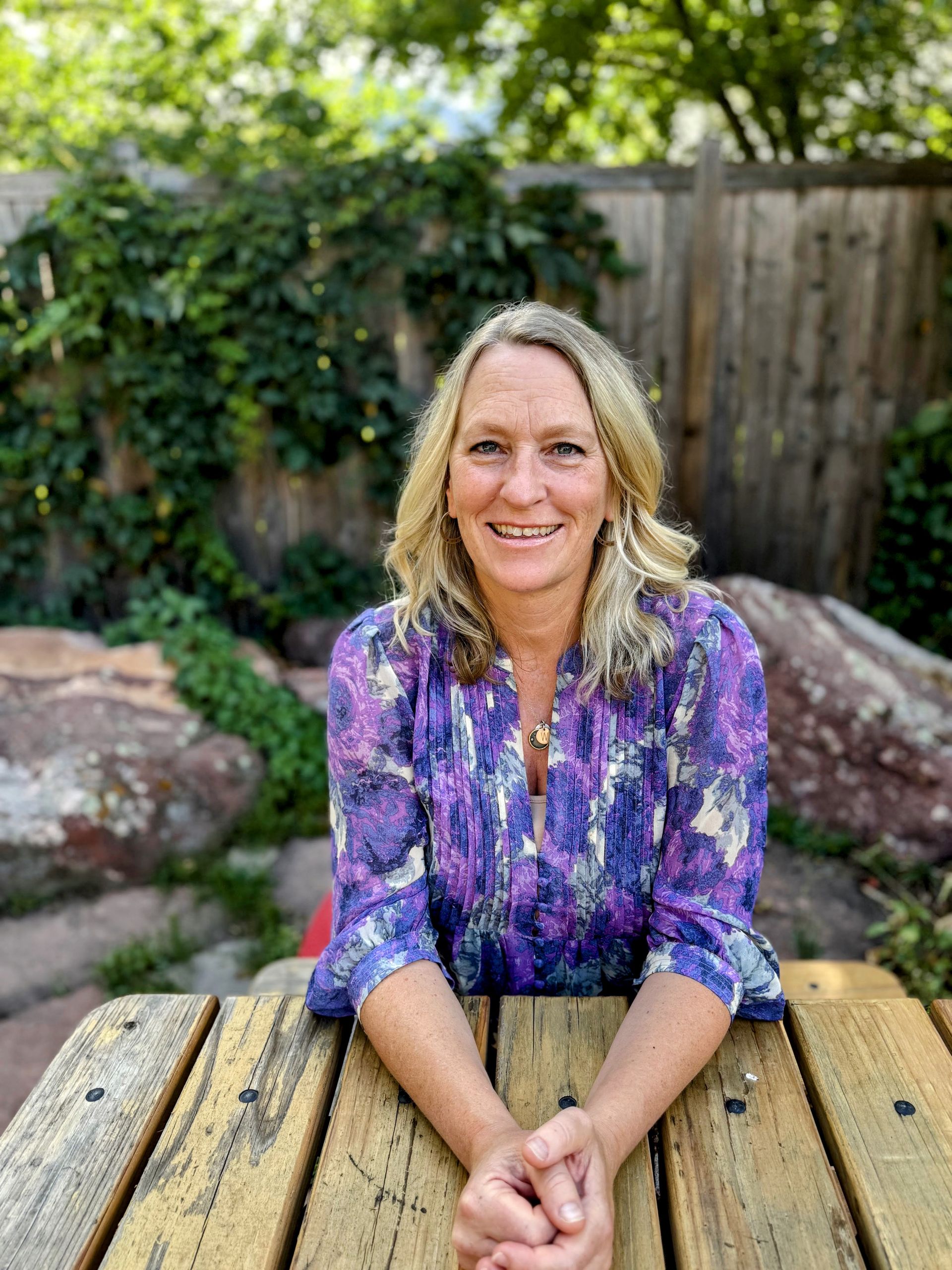 View Presentation
View PresentationJulie Teel Simmonds, Senior Counsel, Senior Attorney, Center for Biological Diversity
Julie Teel Simmonds is a Senior Attorney/Senior Counsel with the Center for Biological Diversity’s Oceans Program. She works to protect people, marine biodiversity, and ecosystems from a wide range of threats, including plastic and petrochemical pollution, vessel traffic and noise, fishing gear entanglements, oil and gas development, and climate change. Julie received her law degree from New York University School of Law and her Bachelor of Science degree in conservation and resource studies (with a focus on marine ecology and pollution) from the University of California at Berkeley. Julie has also worked at the University of Colorado Law School, the Office of the San Diego City Attorney, Earthjustice’s Rocky Mountain Office, and the Environmental Law Institute. She is a member of the California, Colorado and D.C. bars and currently lives in Boulder, CO with her husband, two middle schoolers, and three pets.
Kelley Dennings, Center for Biological Diversity
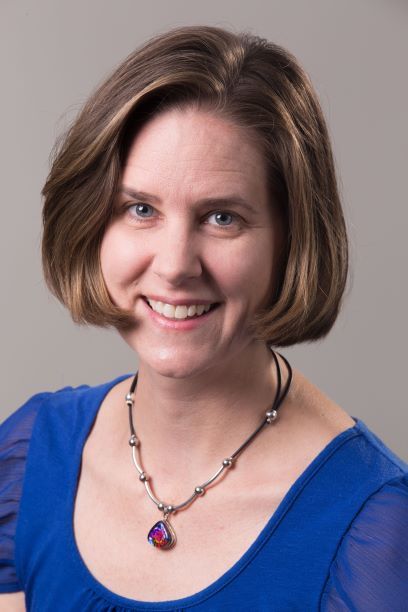
Kelley Dennings, Senior Campaigner, Center for Biological Diversity
Kelley Dennings is a Senior Campaigner with the nonprofit Center for Biological Diversity where she develops and executes advocacy and outreach initiatives that address the connections between gender equity, endless growth and the climate and extinction crises. Prior to the Center, she worked as a local government recycling coordinator, then worked for NC’s Department of Environment and Natural Resources before moving to the nonprofit sector where she worked with Keep America Beautiful and the American Forest Foundation. She holds a bachelor’s degree in natural resources from N.C. State and a master’s degree in public health from the University of South Florida. Her research and case studies have been published in EcoWatch, Nonprofit Quarterly, Resource Recycling, Sustainability Times etc. and she is on the board of Shareable.
Part 2: Strategies for Addressing Waste in Animal Agriculture
Stephanie Feldstein, Center for Biological Diversity
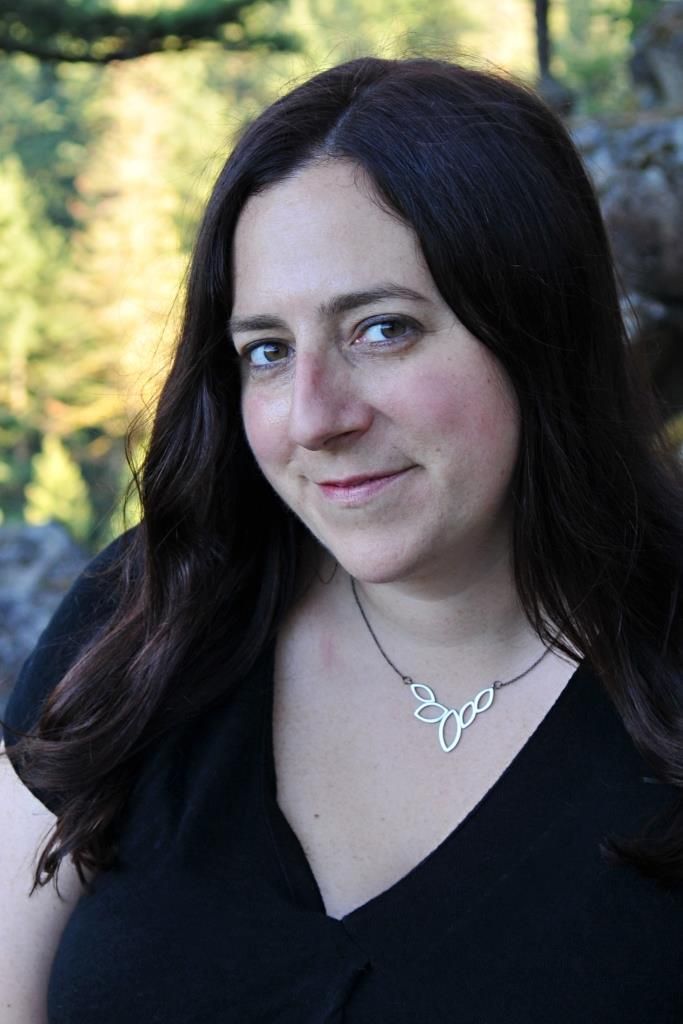 View Presentation
View PresentationStephanie Feldstein, Population and Sustainability Director, Center for Biological Diversity
Stephanie Feldstein leads the Center for Biological Diversity's work to highlight and address threats to endangered species and wild places from human population pressure, unsustainable food systems, and overconsumption. She holds a bachelor's degree from the University of Michigan and has more than 20 years of experience in organizing, outreach and communications, with a focus on animals and the environment. Stephanie is the author of The Animal Lover’s Guide to Changing the World and more than a dozen books for children on wildlife, the extinction crisis, and how humans impact the planet.
John Peck, Family Farm Defenders
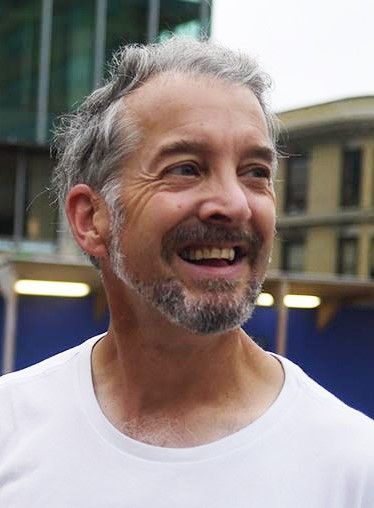 View Presentation
View PresentationJohn Peck, Executive Director, Family Farm Defenders
John E. Peck grew up on a family farm in MN and now operates Yellow Dog Flowers and Produce with his partner near Brooklyn, WI. He has a PhD in Land Resources from UW-Madison's Nelson Institute and is a part-time Economics instructor at Madison College. For the last two decades he has also been the executive director of Family Farm Defenders, a national organization that has long opposed industrial agribusiness, factory farms, manure digesters, and carbon trading.
Alexis Andiman, Earthjustice
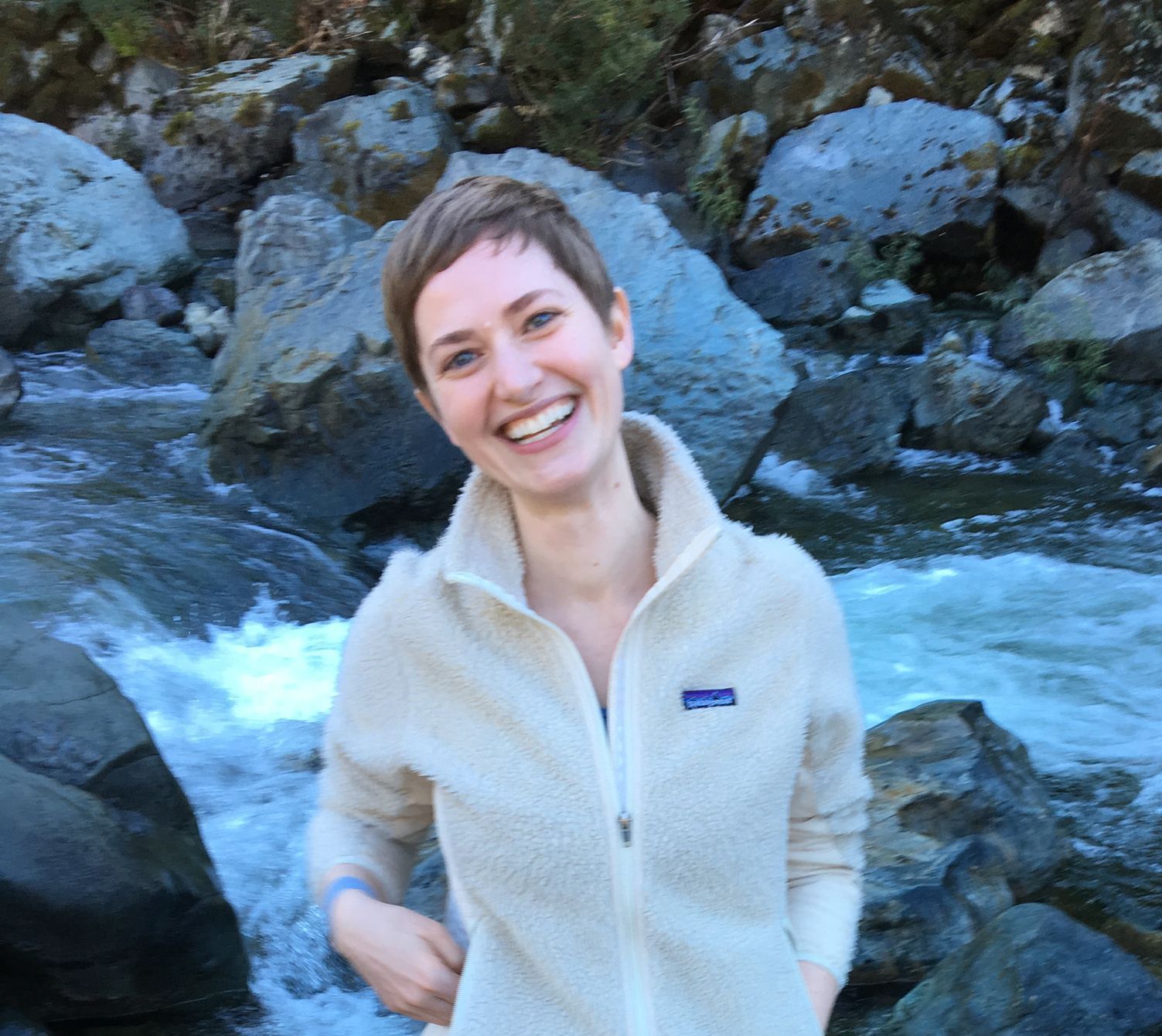 View Presentation
View PresentationAlexis Andiman, Senior Attorney, Sustainable Food and Farming Program at Earthjustice
Alexis is a senior attorney with the Sustainable Food and Farming Program at Earthjustice, where she works to advance a just, safe, and climate-friendly food system. Prior to joining Earthjustice, Alexis completed fellowships with the Center for Biological Diversity and the Conservation Law Clinic at Indiana University’s Maurer School of Law. She holds a J.D. with honors from Lewis & Clark Law School and a B.A. from St. Johns College in Santa Fe, New Mexico and Annapolis, Maryland.
Shawn Shepherd, ReFED
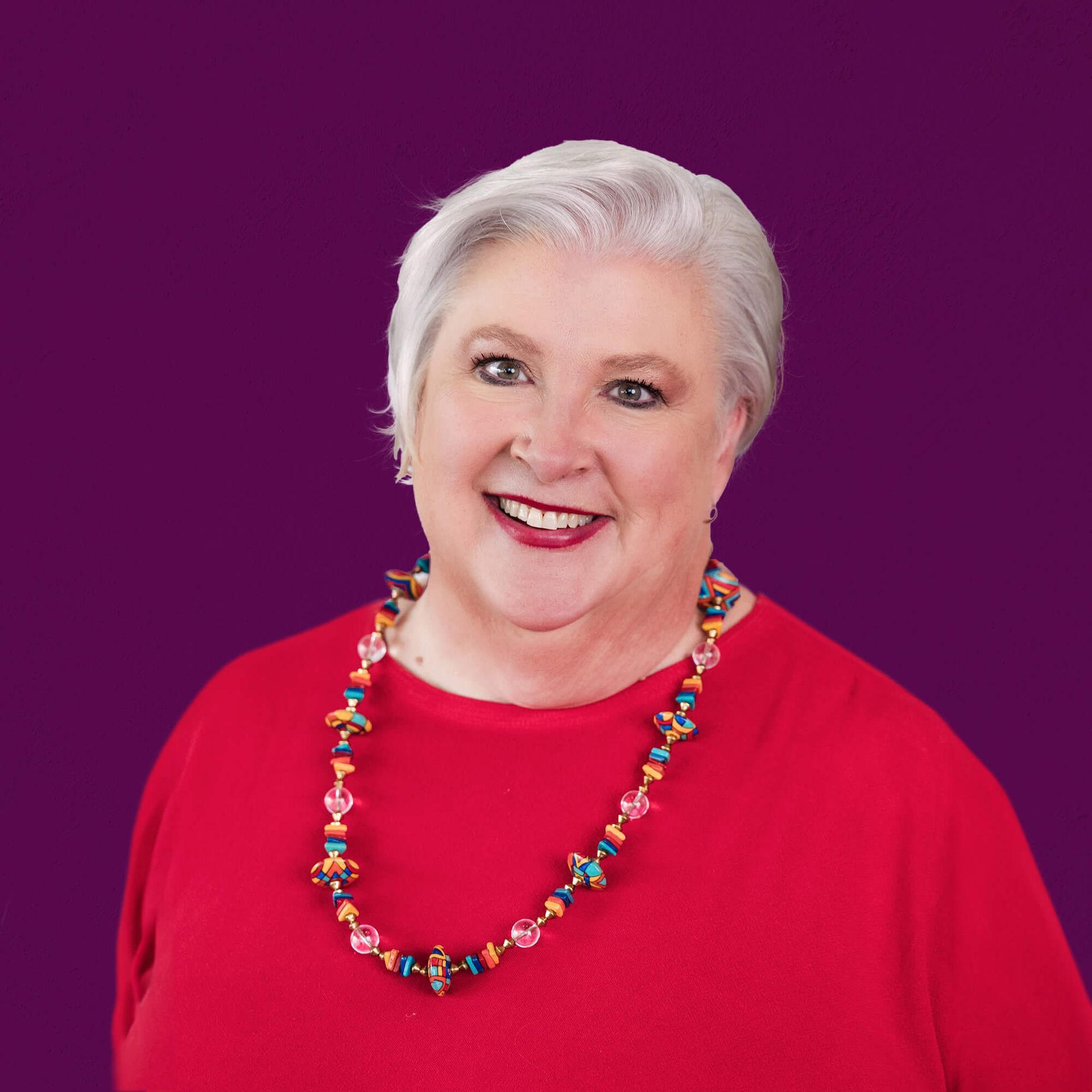 View Presentation
View PresentationShawn Shepherd, Vice President, Operations and Finance, ReFED
Alexis is a senior attorney with the Sustainable Food and Farming Program at Earthjustice, where she works to advance a just, safe, and climate-friendly food system. Prior to joining Earthjustice, Alexis completed fellowships with the Center for Biological Diversity and the Conservation Law Clinic at Indiana University’s Maurer School of Law. She holds a J.D. with honors from Lewis & Clark Law School and a B.A. from St. Johns College in Santa Fe, New Mexico and Annapolis, Maryland.


